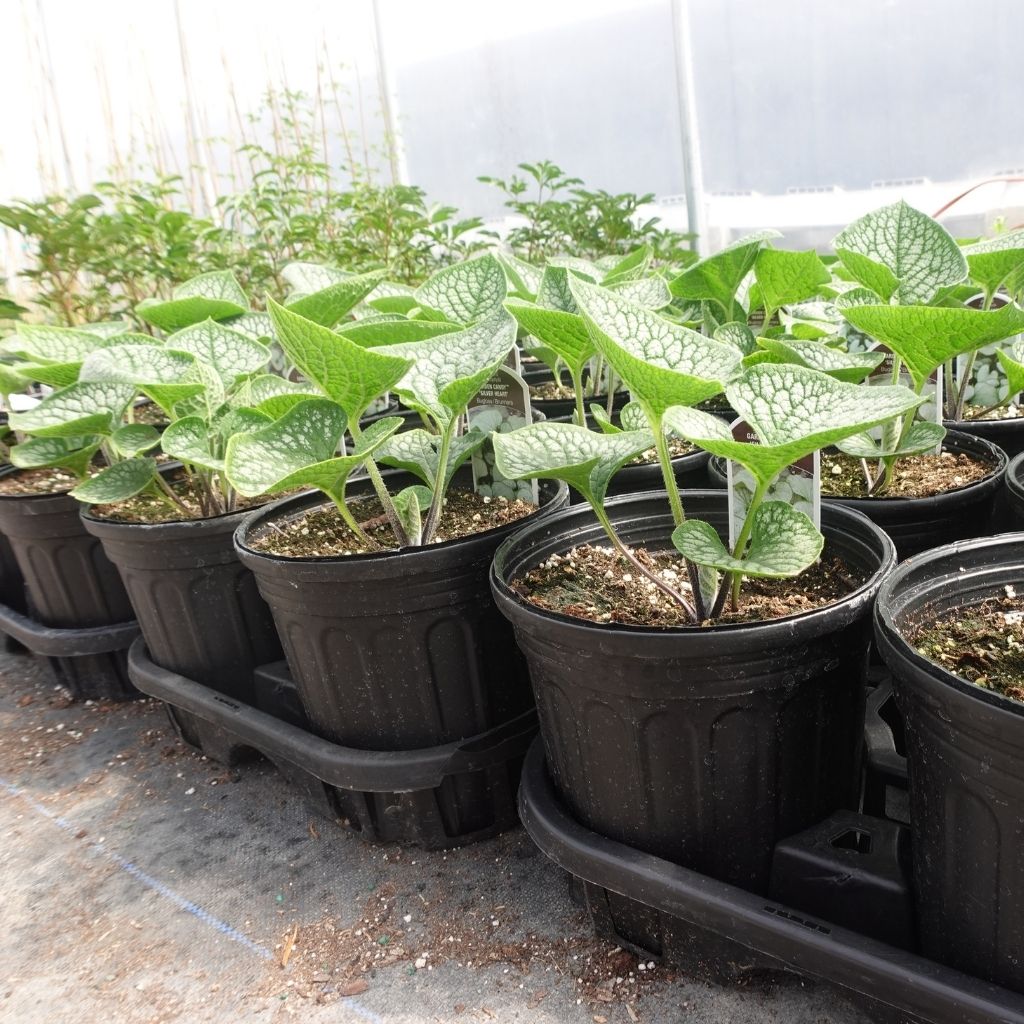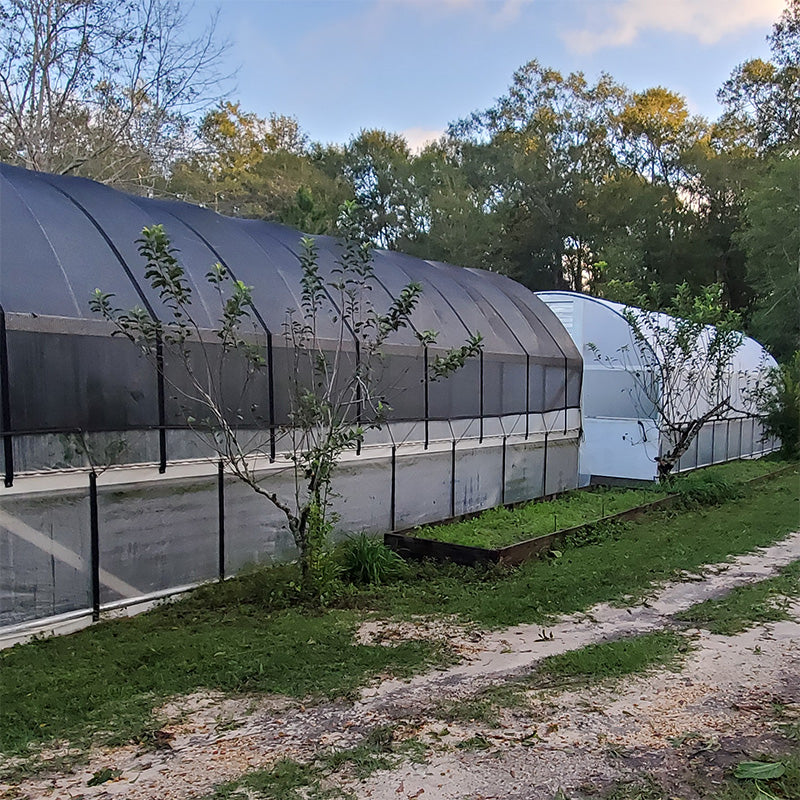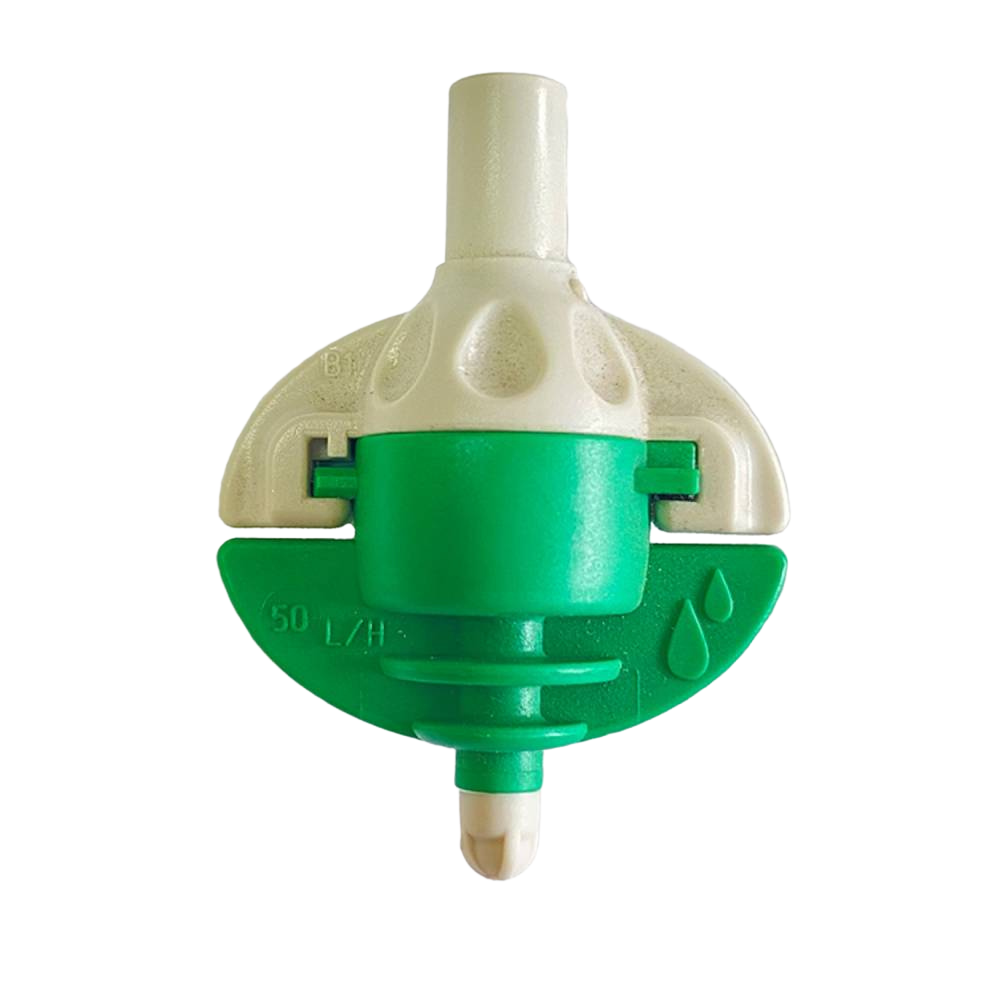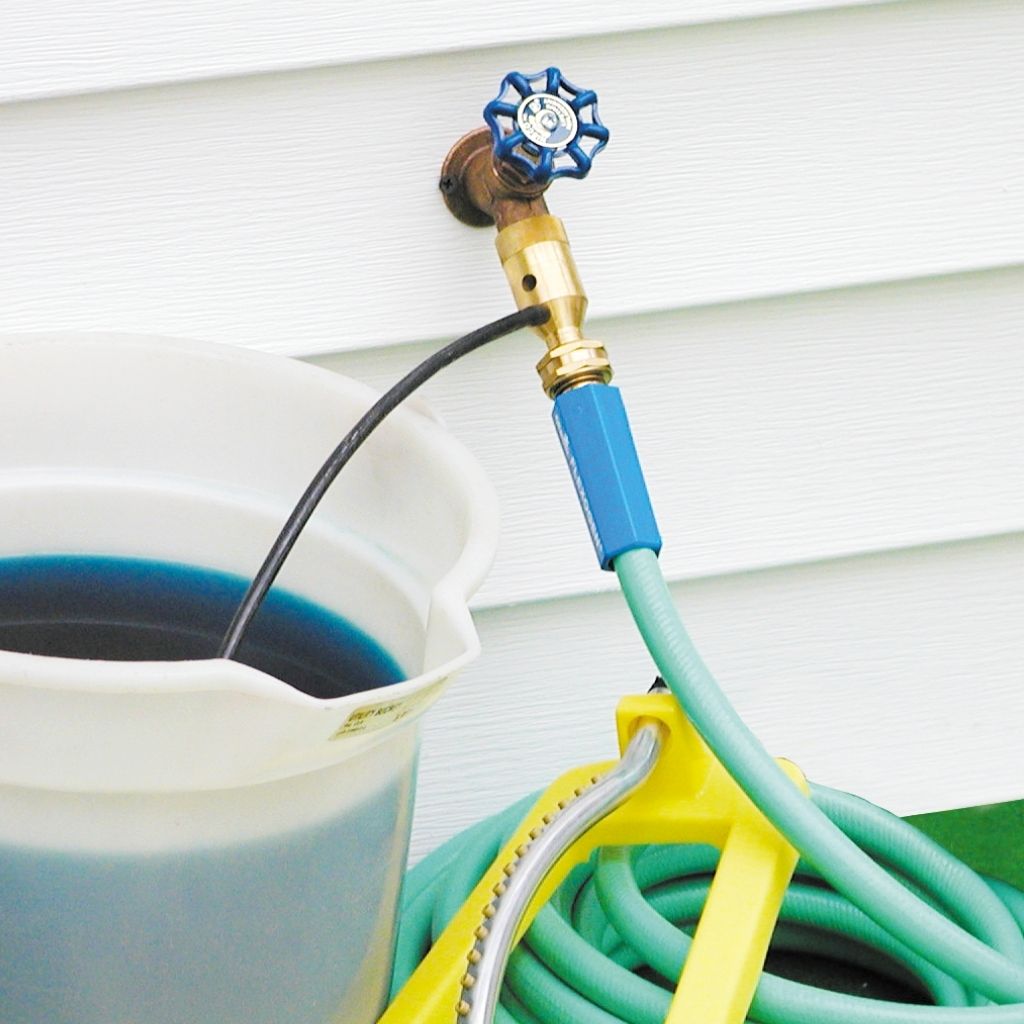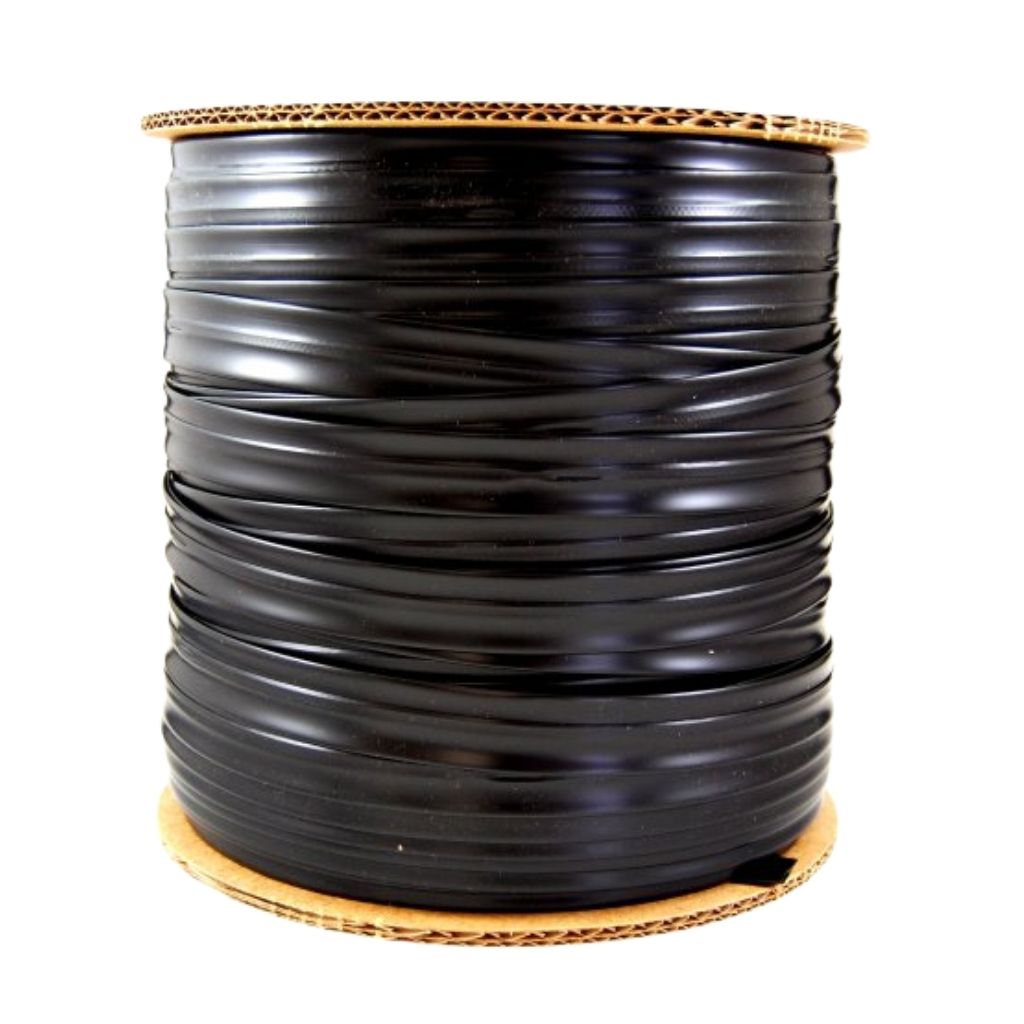Thrips...Small but Deadly

If you are a grower of plants, then I am sure you have heard or been exposed to thrips, the tiny, but devastating, plant eater. They can ruin your flowers or commercial crops, which means you lose money, time, and your production. In this article, we will discuss what thrips are and how to exterminate them.
Thrips, also called thunder flies, thunder bugs, storm flies, thunder blights, and corn lice, are microscopically small, skinny pests that are approximately 1/5” long, with over 5,000 species. They have fringed wings with a single mandible jaw and they can range in color from yellow, brown, and black. They are not skilled flyers, so they mainly rely on the wind to transport them. They damage plants by puncturing the plant and sucking out the nutrients and substances in the plant. Once they infect the plant, they can cause plant diseases, such as Tospovirus, and over 20 viruses. If your plants are infected with these pests, signs to show can be the leaves turning brown and drying out, or the leaves possessing blackish-silver sheen.
If you think your plants may be infected by thrips, you can do a series of tests and prevention acts. First, you can simply take the leaves, shake them over a white piece of paper, and observe the paper under a microscope. They can then be collected by a paintbrush and preserved in alcohol. White sticky traps can also be put down, as well as spraying certain pesticide treatments. Ways to prevent thrips from moving in or returning are making sure that your greenhouse is free from weeds and plant material around the edge because they love that type of material. Another way to prevent thrips entering your greenhouse is by constructing an air-lock entrance inside. In addition, applying insect screen to the vents and fans will aide in the prevention of them crawling or flying inside. Last, reflective mulch is great for preventing them from getting on the plants. Some of these practices can also be performed in field grown crops as well.
Thrips can be detrimental to your business or hobby. Be sure to do periodic checks to make sure you are clear of those annoying rascals and keep them from inhabiting your production site. Once they attack, they are difficult to completely get rid of, not to mention they are difficult to detect in the first place because they are so small. Do not fall to a victim of thrips!


